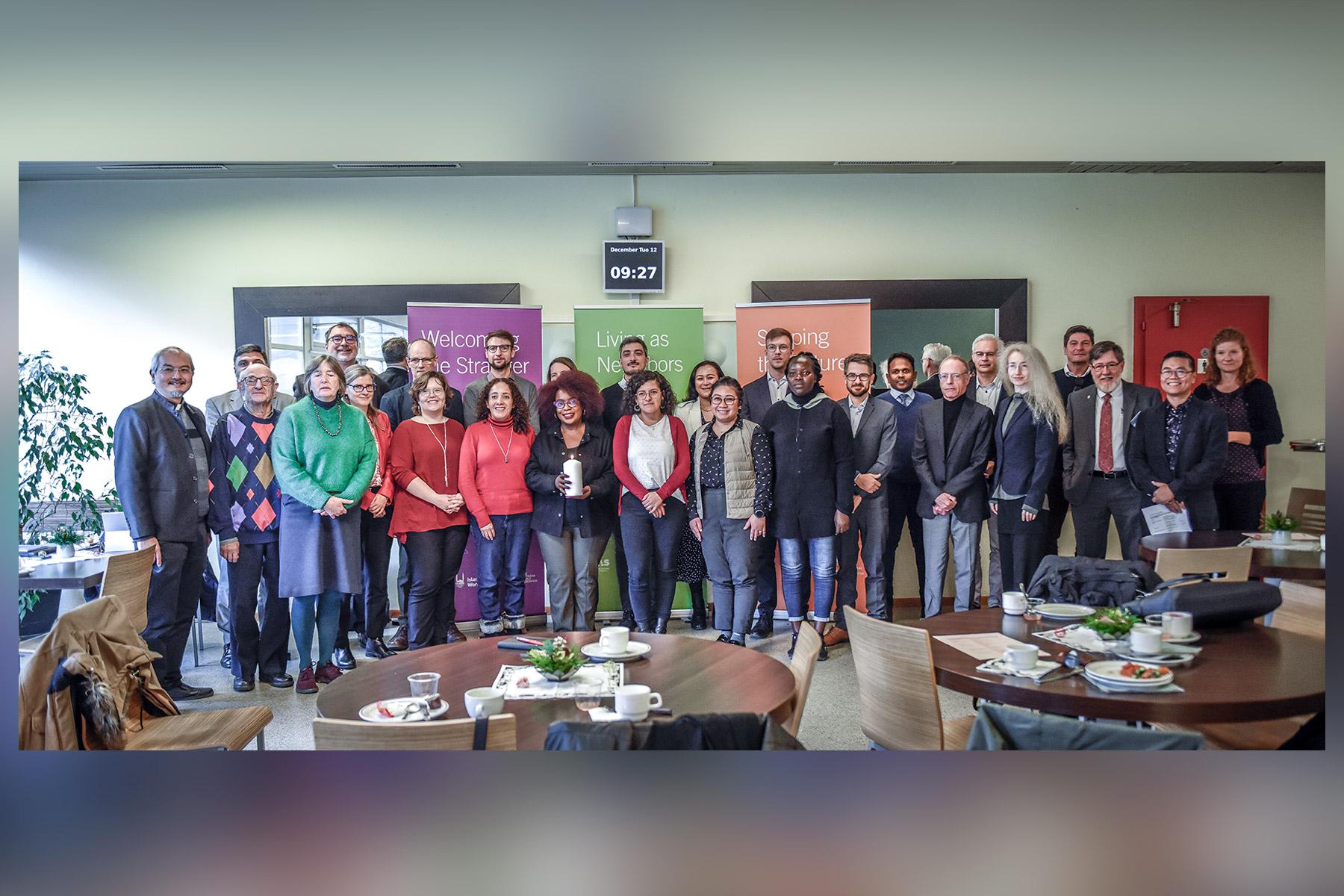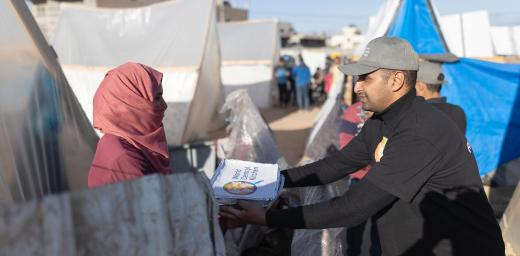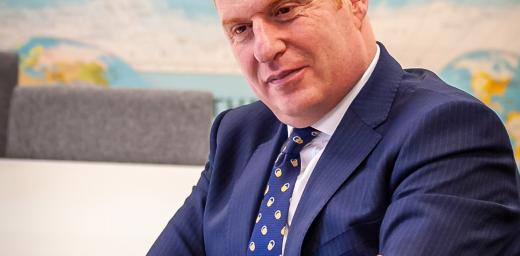LWF, HIAS, IRW jointly submit pledge at Global Refugee Forum
(LWI) - Apply a faith perspective to refugee protection: The Lutheran World Federation has submitted a joint pledge for interfaith action at the Global Refugee Forum (13-15 December 2023) to provide tools and expertise for a more faith-sensitive approach. Together with Islamic Relief Worldwide (IRW) and HIAS, LWF pledged to build the capacity of humanitarian actors for faith sensitivity in their work with forcibly displaced people worldwide.
First responders
The three organizations plan to develop training materials with practical tools to provide guidance for humanitarian actors in ensuring faith-sensitivity in refugee response, and to deepen faith actors’ understanding of humanitarian principles, standards and best practices. After consultations and tool design and development, the training will be piloted for the next four years in three locations - one each in Africa, Asia and Latin America - with faith actors, host communities and organizations providing humanitarian assistance.
“There is a growing global consensus on the importance of respecting and engaging with the faith traditions of people affected by humanitarian crises,” said Allan Calma, LWF Global Humanitarian Coordinator.
There is a growing global consensus on the importance of respecting and engaging with the faith traditions of people affected by humanitarian crises.
Allan CALMA, LWF Global Humanitarian Coordinator
“For a long time, humanitarian actors shied away from faith actors, because they thought this would compromise the humanitarian principle of impartiality,” Calma continued. “But usually, local faith actors are the first to respond, and the ones who remain after the funding of a humanitarian response has stopped. We need to find more ways to support them in this critical role.”
Interfaith breakfast
On 12, December 2023, the eve of the Global Refugee Forum, the largest international gathering on refugees, the three organizations co-hosted an Interfaith Breakfast where representatives of different faith-based organizations shared examples of faith communities supporting people in need. This included the example of Polish churches taking in refugees from Ukraine and offering them accommodation for the first months after the beginning of the war. Secular organizations were also in attendance to show their support for this initiative.
The pledge follows the “Welcoming the Stranger – Shaping the Future – Living as neighbors” - conference organized by LWF and partners in June 2022 (link: . The conference brought together more than 50 faith actors who work in the humanitarian field, to jointly reflect on the faith needs of people affected by crises. It is the next step in practically bringing that example to humanitarian work.
New high in displacement
There are 114 million people worldwide who have been forcibly displaced by conflict or natural disaster, Filippo Grandi, the United Nations High Commissioner for Refugees, said in his opening remarks. This figure, said Grandi, represents “shattered dreams, disrupted lives, interrupted hopes.” It also represents the solidarity of host countries and communities who support people in need.
“Families and communities in a handful of countries globally have been hosting refugees for decades, even as they themselves are in dire need of support. As we support refugees, let us not forget to support host communities and host countries as well,” said LWF’s Allan Calma.
LWF, through it’s humanitarian arm World Service, works in 26 countries, serving 3.4 million people in need worldwide.






